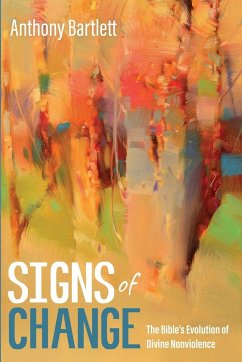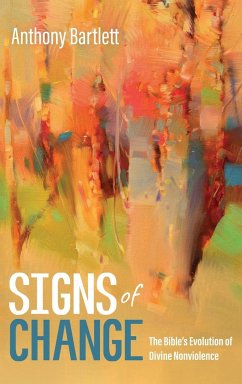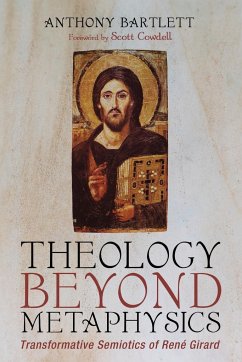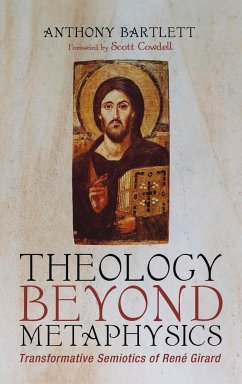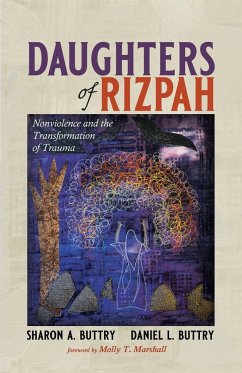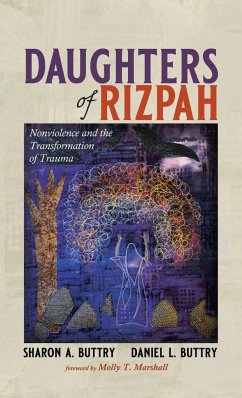The Bible has many stories, but really there are only two. There is a story of violent humanity, and there is the story of a self-giving, nonviolent God. The question has been how to distinguish the two without creating a toxic dualism. Bartlett shows that the narratives in tension are not two opposed Testaments, even less two metaphysical principles, but the slow separating out of nonviolent revelation from the frame of violent meaning by which human beings have always signified themselves and their gods. In his prior, ground-laying book, Theology Beyond Metaphysics, Bartlett demonstrated the concept of semiotic change and how it emerges as the most appropriate way of understanding and affirming a relational shift in human and theological meaning. In this present work, he supplies a rich seam of biblical evidence with gripping essays on Old Testament books and their evolution of transformative signs and new meaning. Accounts of the life of Jesus and the teaching of Paul make the change exponential, bringing to definitive expression the inbreaking of the nonviolent divine. Signs of Change creates a theological masterstroke, showing step-by-step how semiotic evolution leads human existence to the truly saving knowledge of a nonviolent God.

